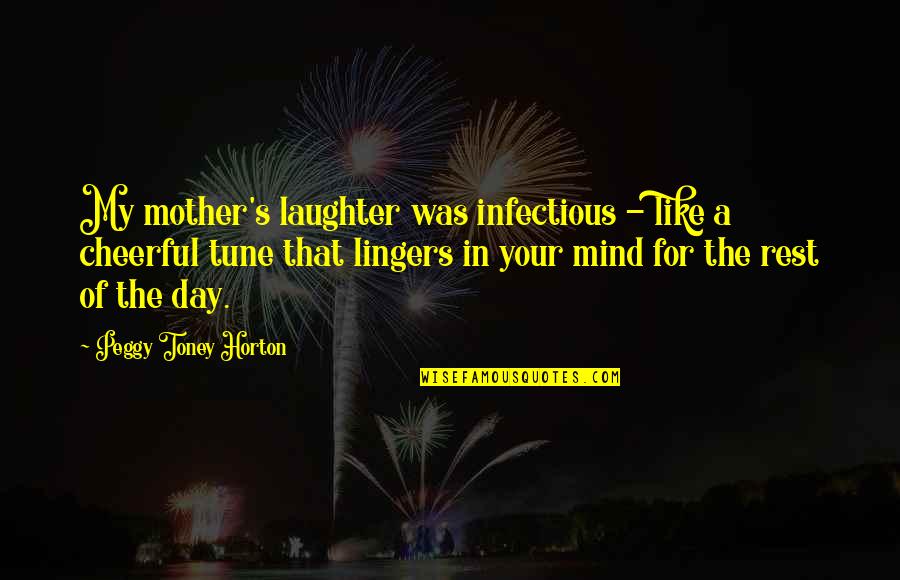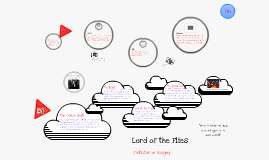


without someone to govern and enforce their rules they abandon them.

However, whilst they manage to satisfy their immediate physiological needs for air, food, water, shelter etc. It's the little guy vs the big guy out there, and if we can't learn to use brains against brawn, we're going to end up living in an oppressive socialist government ruled by teenage boys and pigs with violent tendencies.In the novel, the boys are stranded on an island and so separated from civilisation and they attempt to create their own form of order and government whilst they wait to be rescued. The leaders like Ralph and Snowball stood no chance against their tougher and more intimidating counterparts. Then there are others like Snowball and Ralph, the ones who show actual leadership qualities, and yet are denied the power they clearly deserve. Many leaders are like Jack and Napoleon, leaders who coast on the influence of the ones who came before and maintain their power through fear, intimidation, and violence. Don't worry though, this isn't going to become a commentary on the current political climate in the United States.īy analyzing the types of leaders are present in these novels, and how they use and abuse their power we can better understand how easy it is for corrupt leaders to rise to power. I was mostly kidding at the time, but then I got to thinking about it. Now, like I said before, both novels deal with the idea that absolute power corrupts absolutely, and underneath Lord Acton's quote I mentioned Donald Trump. It's purpose was to show what happens when you try to reconcile human impulses with social norms in a basic state of nature.īoth books created waves when they were published, but what social relevance do they have now? To find that answer, we need to revisit themes, specifically their themes on power. Lord of the Flies was published in 1954, nearly ten years after Animal Farm. Orwell wrote it to express how easy it was to spread communist propaganda and to expose Stalin's corruption of socialist ideals. This proves once again, in conjuncture with Lord of the Flies, that the best laid plans, however noble the intentions, will often go awry.Īnd now, allow me to throw all my cards on the table and discuss social relevance.Īnimal Farm was published in 1945, just after WWII, and is very clearly meant to be an allegory to the rise and fall of the Soviet Union. Throughout the book, the tenants are changed and manipulated, until the tenant which was once so important has been rewritten as "All animals are equal, but some animals are more equal than others". The humans are driven off the farm, and the animals create "Animalism", the most important commandment of which being "All animals are equal". This leads to the development of a new animal society. The animals want only to be treated as equals to their human counterparts.
:origin()/pre00/7244/th/pre/f/2013/306/9/4/savage_civilization_by_jdevector-d6srxlr.png)
They had only the best intentions, but their lack of structure caused their plans to become derailed.Ī very similar thing happens in Animal Farm. The fire goes out, the shelter building is interrupted by the boys' desire to relax and have fun, and their pig hunting endeavors turn in a more "Most Dangerous Game" direction. Unfortunately all of these plans go downhill fast. They maintain a fire, build shelters, and hunt food, all in an effort to keep this sense of civilization while they wait to be rescued. In Lord of the Flies, the boys start out trying their darnedest to retain some level of civility. Pictured above is Robert Burns, noted poet and avid haggis eater.


 0 kommentar(er)
0 kommentar(er)
